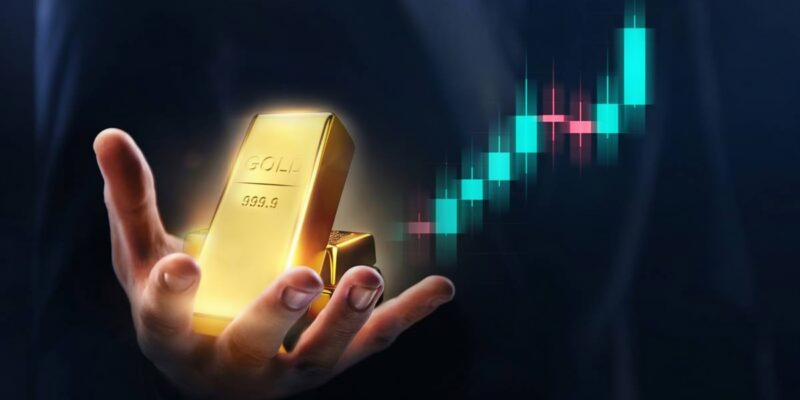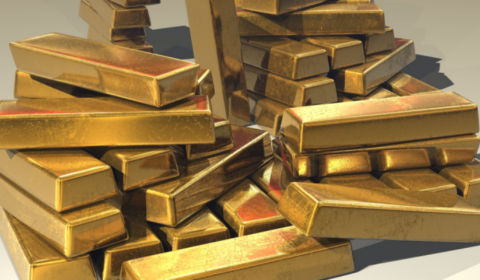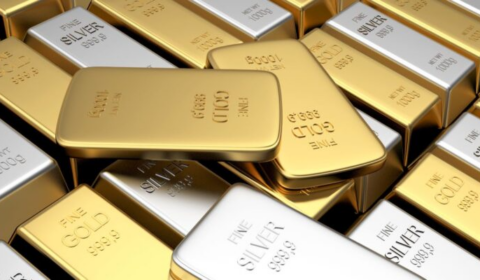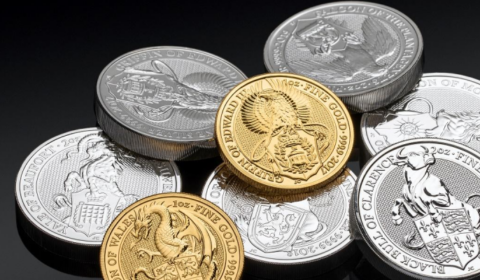Analyzing Inflation’s Effects on the Economy and Precious Metals

Inflation, the persistent increase in the general price level of goods and services, is a topic of growing concern worldwide reports Orion Metal Exchange. As it continues to affect economies on a global scale, understanding its multifaceted consequences and how you can fight against it is essential.
One of the most palpable effects of inflation is the erosion of purchasing power. As the prices of goods and services rise, consumers find their money can buy fewer items. This can lead to a reduced standard of living, particularly for those with fixed incomes or limited resources.
Inflation can also create uncertainty for businesses. Companies may struggle to predict future costs, which can hinder long-term planning and investment. Uncertainty in the business environment can, in turn, hamper economic growth.
Inflation’s Impact on Investments
Inflation can significantly impact investment portfolios. Fixed-income investments, such as bonds, may offer diminishing real returns when inflation rises. Investors may seek alternative assets, to hedge against inflation.
One effective hedge against inflation is investing in precious metals, such as gold and silver. Precious metals have historically retained their value in times of economic uncertainty and rising inflation. They are tangible assets that can act as a store of value, protecting investors from the erosive effects of inflation. Additionally, precious metals often have an inverse relationship with fiat currencies, meaning they tend to rise in value when currency values decline due to inflationary pressures.
In conclusion, the effects of inflation on the economy are wide-ranging and complex. While moderate inflation is generally considered a sign of a healthy economy, excessive and unpredictable inflation can pose serious challenges. It is crucial to monitor inflation trends and adapt strategies accordingly. Investing in precious metals is one strategy to consider when seeking to protect wealth in times of inflation.
For more information on the impact of inflation on the economy and the benefits of investing in precious metals, please contact: Orion Metal Exchange.
Orion Metal Exchange offers a variety of self-directed individual retirement account programs that enable investors to own physical gold, silver, platinum, and palladium. Tangible precious metal IRA accounts are easy to establish, cost-effective to maintain and offer a way to own tangible precious metals in an IRS- compliant retirement account.
Got Questions? Check Out Our FAQ!
How does inflation affect precious metals?
Inflation often increases demand for metals, such as gold and silver, as investors seek safe-haven assets, driving prices higher due to their role as a hedge against currency devaluation and economic uncertainty.
What influences the price of precious metals?
The price of precious metals is influenced by supply and demand dynamics, economic uncertainty, and inflationary pressures. Currency strength, particularly the US dollar, plays a role, as does interest rates and monetary policy set by central banks. Geopolitical tensions and industrial demand also can cause precious metal values to rise.
Are precious metals a good investment during inflation?
Precious Metals, such as gold and silver, are generally considered good investments during inflation due to their historical role as a hedge against currency devaluation. Investors often turn to these assets to preserve their wealth and purchasing power amid rising inflationary pressures.
How does inflation affect gold prices?
Inflation tends to increase demand for gold as a hedge against diminishing purchasing power. As fiat currencies lose value, investors seek the stability and wealth preservation offered by gold, driving its value higher. Gold’s intrinsic value and historical role as a store of wealth make it particularly attractive during periods of inflationary pressure.
To learn more about Orion Metal Exchange and its gold IRAs, please visit www.orionmetalexchange.com






